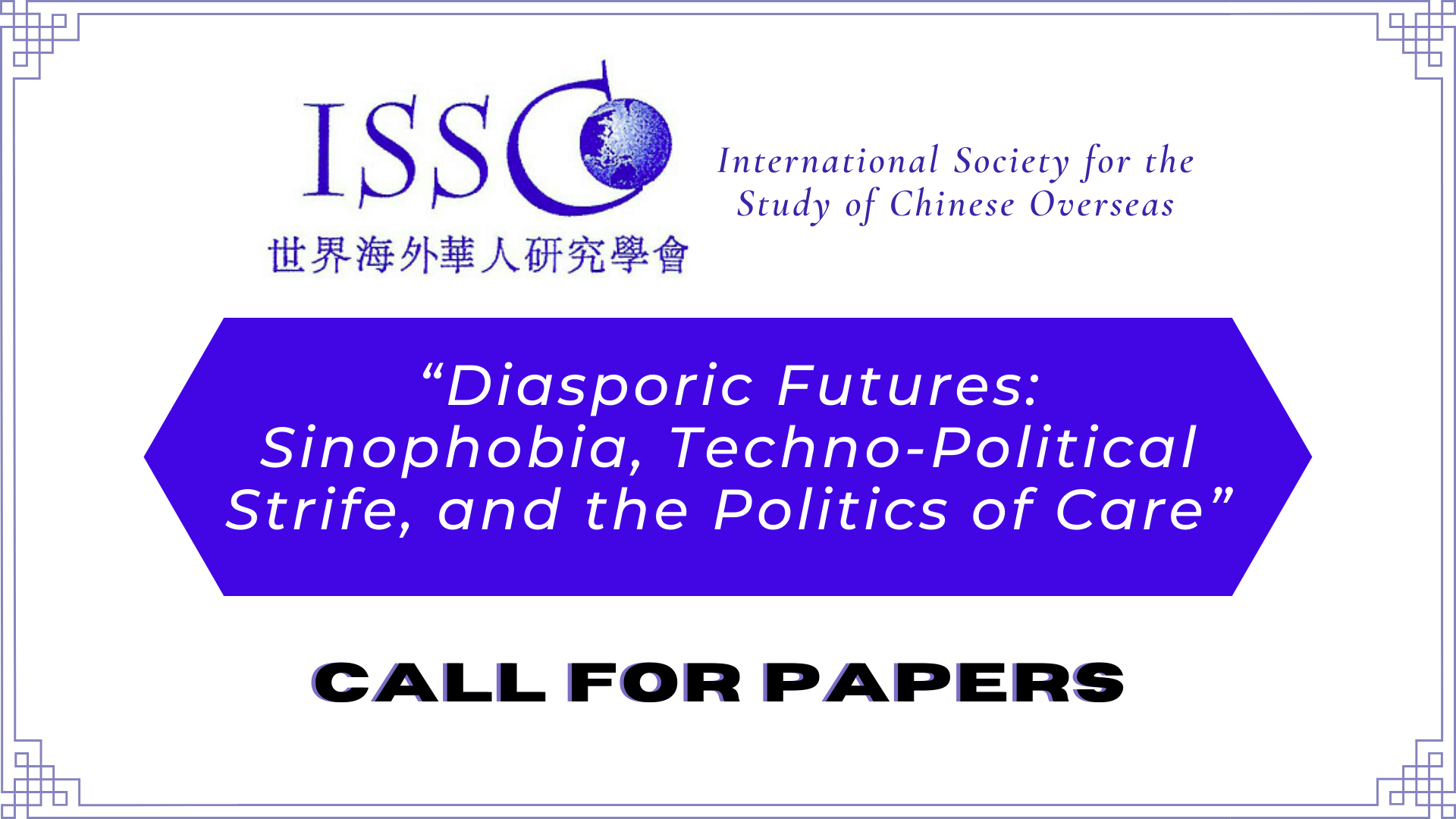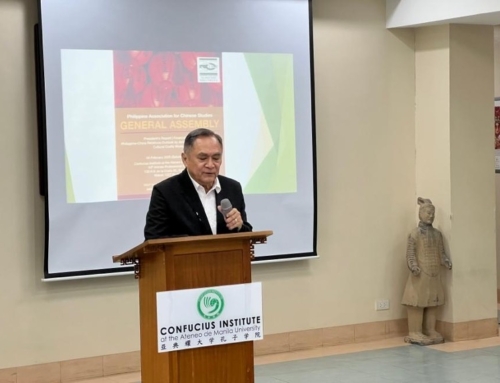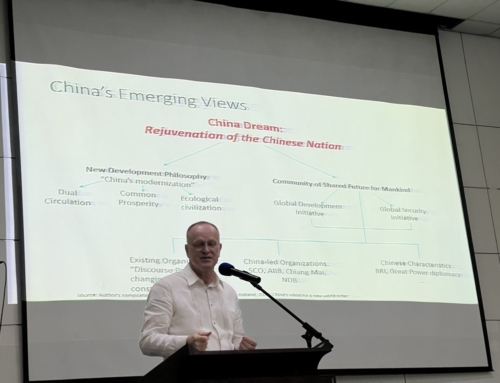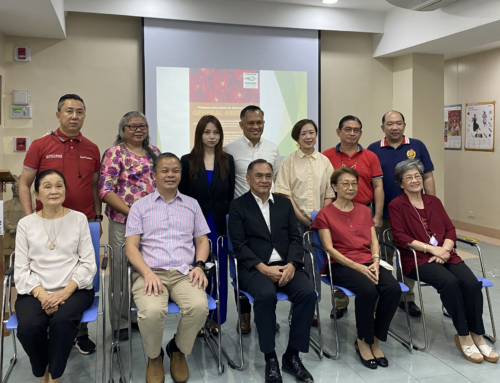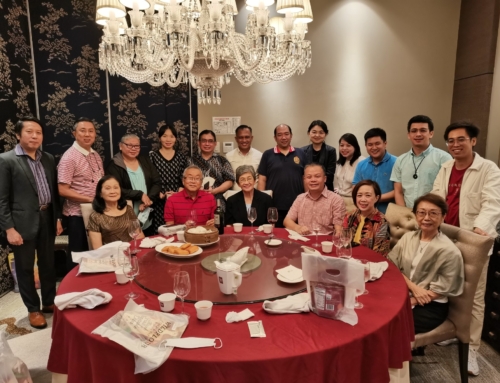Asian American Research Center (AARC)
Asian American and Asian Diaspora Studies (AAADS)
University of California, Berkeley
Present
The 30th Anniversary Conference of the
International Society for the Study of Chinese Overseas (ISSCO)
世界海外华人研究学会
Call for Papers
“Diasporic Futures:
Sinophobia, Techno-Political Strife, and the Politics of Care”
